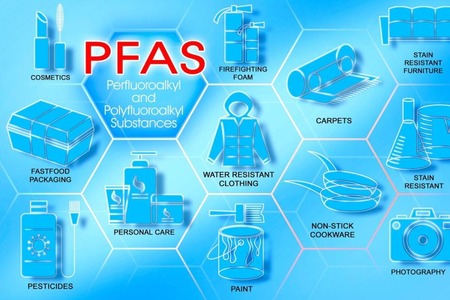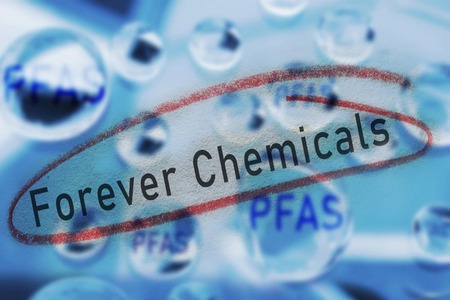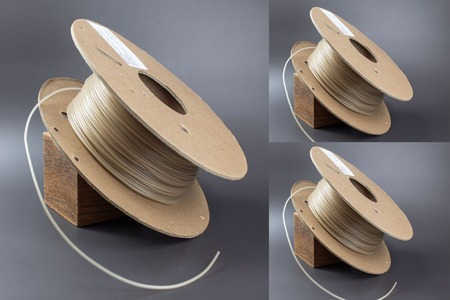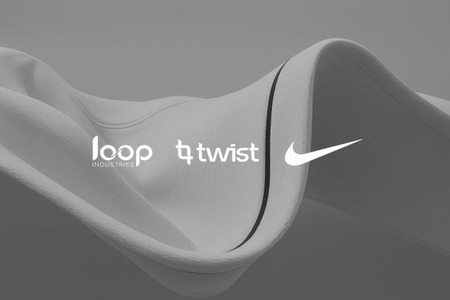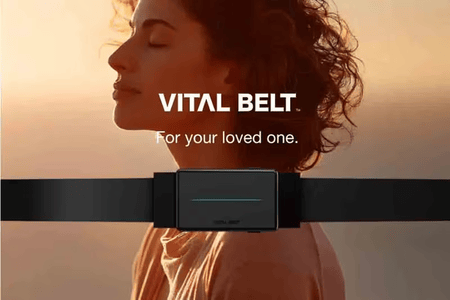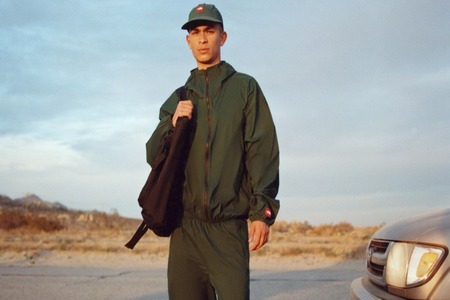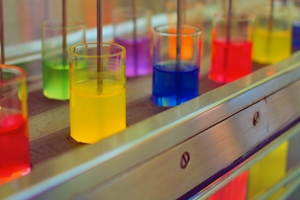
Just dye it: how this apparel company is developing water- and chemical-free textile tinting
YarnsandFibers News Bureau 2019-03-05 13:06:00 – CaliforniaThis article is drawn from the Circular Weekly newsletter from GreenBiz, running Fridays. The apparel industry is quickly becoming a leader in circularity, from scaling innovative business models such as recommerce and clothing rental to developing textile recycling programs to incentivizing product take-back. Given the potential for brand-boosting (and undeniably compelling marketing narratives), it’s no surprise that many companies are beginning their foray into circularity with consumer-facing programs. This approach can tell a strong story about closing the loop and curbing environmental impact, and engages consumers in the process.
But not all circular developments in the apparel industry are seen by consumers, even though they may feel their impacts each day. Much of the action is behind the scenes and can include some impactful innovations.
One innovator to watch is Netherlands-based DyeCoo, a company that developed the first commercially available textile dyeing machine that eliminates the need for water and processing chemicals in the dyeing process.
When it comes to fashion, water is no drop in the bucket. Conventional textile dyeing uses anywhere from 25 to 40 gallons for every two pounds of fabric. Globally, the water used in textile production (including cotton farming) adds up to about 24.56 trillion gallons each year, according the to the Ellen MacArthur Foundation’s New Textiles Economy report. A single DyeCoo dyeing machine saves 32 million liters of water and about 176 tons of processing chemicals per year, according to the company's website. As water scarcity increases, DyeCoo’s approach offers textile manufacturers geographical freedom from water sources when citing new operations.
Globally, the water used in textile production (including cotton farming) adds up to about 24.56 trillion gallons each year.
The name "DyeCoo" comes from mashing up "dyeing" with "CO2," a nod to its approach. The process works by pressurizing and heating carbon dioxide to above 31.1 degrees Celsius (about 88 Fahrenheit), the temperature at which it becomes "supercritical," a phase between a liquid and a gas. This allows dyes more easily to dissolve and to penetrate deeply into fibers without the use of water or bonding chemicals. The CO2 is then cleaned and 95 percent is recycled back into the machine to be reused.
The technology doesn’t just save water and chemicals. Because DyeCoo’s approach is waterless, fabrics don’t need to be dried, speeding up the dyeing process by 40 percent and cutting energy use by 60 percent. Impressive.
DyeCoo has been working with Nike, Ikea and Adidas since 2013 (both Nike and Ikea are investors), and the company was recognized in Davos last month as a finalist in The Circulars. This award program is led by the World Economic Forum and the Forum of Young Global Leaders in collaboration with Accenture Strategy, and recognizes individuals and organizations worldwide making notable contributions to the circular economy. (I encourage you to peruse the diverse and inspiring list of honorees.)
DyeCoo is one of several companies working to reduce the resource intensity and toxicity of the apparel industry: The Vienna Textile Lab& fabricates sustainable alternatives to conventional, chemical-intensive, synthetic colors by using naturally occurring bacteria; Unmade gives brands the ability to offer custom-manufactured products, cutting down on overproduction; and Worn Again Technologies chemically recycles non-reusable textiles and plastic bottles into virgin-quality fibers. And, no doubt, lots more to come.
From shifting toward renewable and nontoxic ingredients, to keeping clothing at its highest and best use and recycling it at the end of its usable life, the apparel industry has a ways to go before circularity is adopted widely. In the meantime, companies such as DyeCoo offer encouraging proof points.
Follow along with the circularity conversation at GreenBiz 19 in Phoenix this week. If you can’t make it in person, I encourage you to register for GreenBiz 19 Virtual to livestream all plenary sessions and online-only sidebar interviews — plus, access the archived footage following the event.
Market Intelligence
Ask for free sample Report

experience
Customer Base
dedicated team
Countries Served Worldwide



